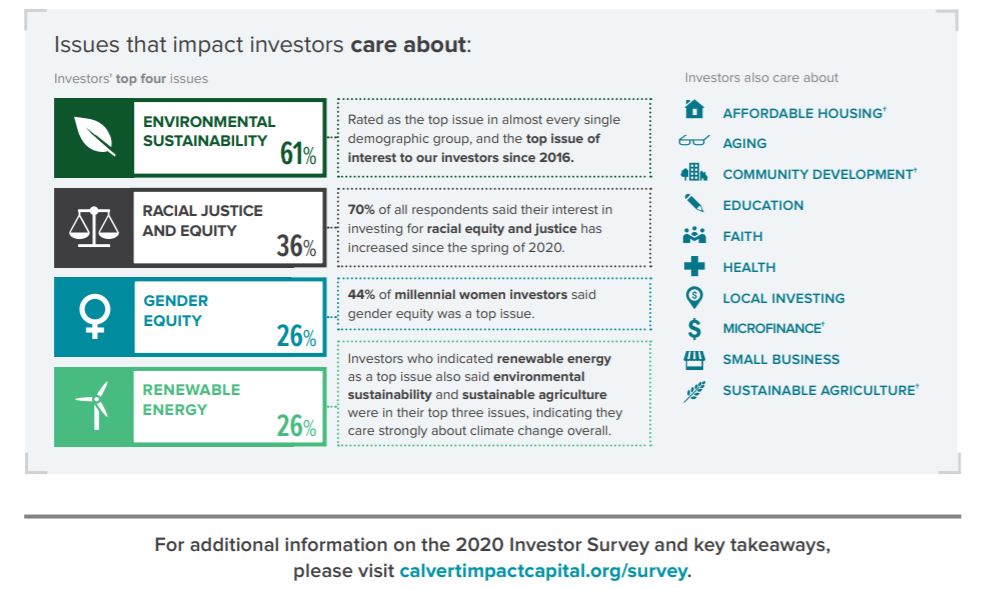Impact investment is rapidly growing. Why? What are the developments? And how does this business pushes towards the transition to a sustainable and inclusive society? In 6 articles we will highlight the developments, opportunities and risks of Purpose & Impact investment. This is the fifth article. As the ambition to move from a compliance CSR towards real societal impact is increasing, the help of impact finance is needed. This enables moving from ESG toward Impact. But it’s a complex puzzle to solve…
Imagine you are in an organisation responsible for CSR. And your main objective is to increase the CSR-performance of that organisation. Your aim is to get a purpose driven organisation with societal impact. But changing your organisation towards an impactful business requires transformation. That could be a really complex puzzle, as there are million reasons why the status-quo will be sufficient. One of the ways to solve that puzzle is the help of impact investors.
Transition powered by impact investors
Changing an organisation towards a real sustainable and impactful business needs a proper strategy and enough time for implementation and execution. As most organisations have financial commitments, there is no luxury of putting the organisation on pause, rebuild and start again. It’s a complex puzzle. For example Unilever, when they launched their ‘sustainable living plan’, the backup of some large shareholders was indispensable. Unilever is still in the execution of their masterplan started in 2010, while being in business and delivering performance. It all started with a vision, purpose and a strategy.
But an impact investor is more than a bag of money providing time to change. Impact investors have a broader understanding and knowledge which can help companies. They bring specific market knowledge but also knowledge across markets and business which helps the Board to collect insights and solve the transformation puzzle. However, it requires an active engagement with these type of investors: instead of selling the value of your business, it’s also asking for added value, and that’s a vulnerable place to take. It’s time for a new way of thinking as a business will attract investors which are mirrors of your own behaviour.
Compliance driven approach
The transformation towards a real sustainable and impactful business requires the right and patient investors. However many business leaders feel that investors are in it for the maximalisation of financial returns. In general hedge funds activists are aiming to create as much financial value in a short time possible. There are plenty of examples out there and it does not help the long term impact of a business. So a company should seek investors who are in it for the long run and underpin the value creation of that company in order to have not only the funds but most of all: The time to transform.
Another piece of the puzzle for a company starts by building an Environmental, Social and Governance (ESG) track record. If year after year a company scores high enough in the most important ESG ratings, it will help to attract impact investors. That also is one of the main reasons companies are participating in the CDP and the DJSI. It’s estimated that currently more than 30 trillion USD of public traded stocks and funds are based on ESG performance. That is getting to half of all global publicly traded stocks and funds.
It might feel as a compliance driven approach, but it’s for now the main puzzle to solve. ESG gives impact investors, next to credit ratings, a grip. The governance part of ESG will drive a mature risk and compliance process within the organisation, another part of the transformation puzzle. Depending on the industry of a company the next steps can be taken. Remember that investors are risk calculators. Meaning that if your company can be the first in the industry to get a high ESG rating, your business is likely to become the most favoured investment.
The Global Network of Impact Investors provides some great insights which help to solve the puzzle. A very relevant insight is shown in the infographic below, matching your issue with issues which are relevant for impact investors.

From ESG towards Impact
Philips announced in 2020 a few very important impact-relatedsteps. They decided to sell off their consumer electronics division as it no longs fits in their purpose, strategy and impact. Furthermore Philips committed themselves to more ambition on their societal impact. The way Philips is monitoring their business is very sophisticated. Both in design as in operation, every detail is captured and monitored. By using green design principles, an engineer is capable of creating the most sustainable option of a product. Philips has a long track record in ESG and is creating impact, now and the future. Only thanks to impact investors, the public traded Philips has the time and confidence to transform themselves into a real impact driven organisation.
Most companies are not like Philips. Transforming from CSR towards a purpose based impactful business is indeed difficult. But aren’t transformations always the most difficult part of being? With the support of an impact investor, there is help. Impact investors are able to provide time and money to collect all the pieces and finishing that puzzle.
About the authors

Martin de Jong is founder of Empact, impact consultancy and working for (international) clients on Societal Strategy, ESG and Impact Valuation. He is former director Societal Value VodafoneZiggo and Sustainable Business Manager Vodafone PLC. He is guest lecturer on various universities on sustainable business.
Anne Rademaker is founder of Rademaker Consulting and working with strategic partners (both public and private) to accelerate the transition to a global circular economy. Anne is working with Martin for Empacts ESG & Impact clients. She is a former Senior Consultant at EY with extensive knowledge on Finance, Risk and Process management.
More info on Empact.






